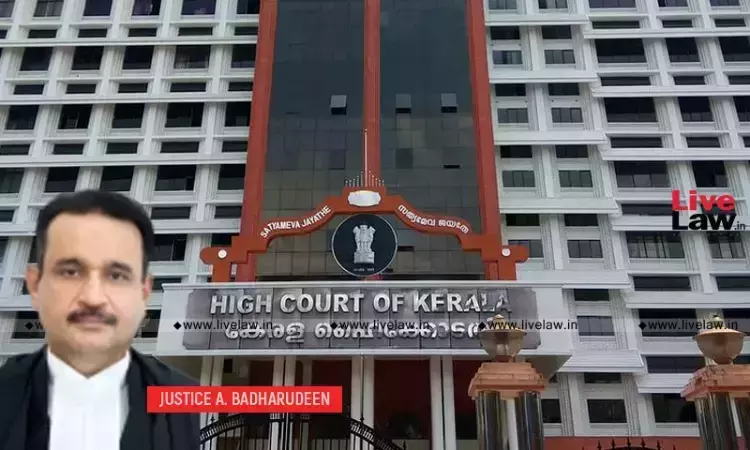Duty Of Court To Restore Litigant For Loss Suffered Due To Negligence Of Court: Kerala HC
Manju Elsa Isac
11 Sept 2024 9:00 AM IST

Next Story
11 Sept 2024 9:00 AM IST
The Kerala High Court has observed that the concept of restitution of the litigant for the loss suffered due to negligence of the court is a fundamental principle of Indian Judiciary and Jurisprudence. This principle follows the legal maxim of Actus Curiae Neminem Gravabit which means that 'an act of Court shall prejudice no-one', that is, if a litigant suffers any loss due to the negligence...
